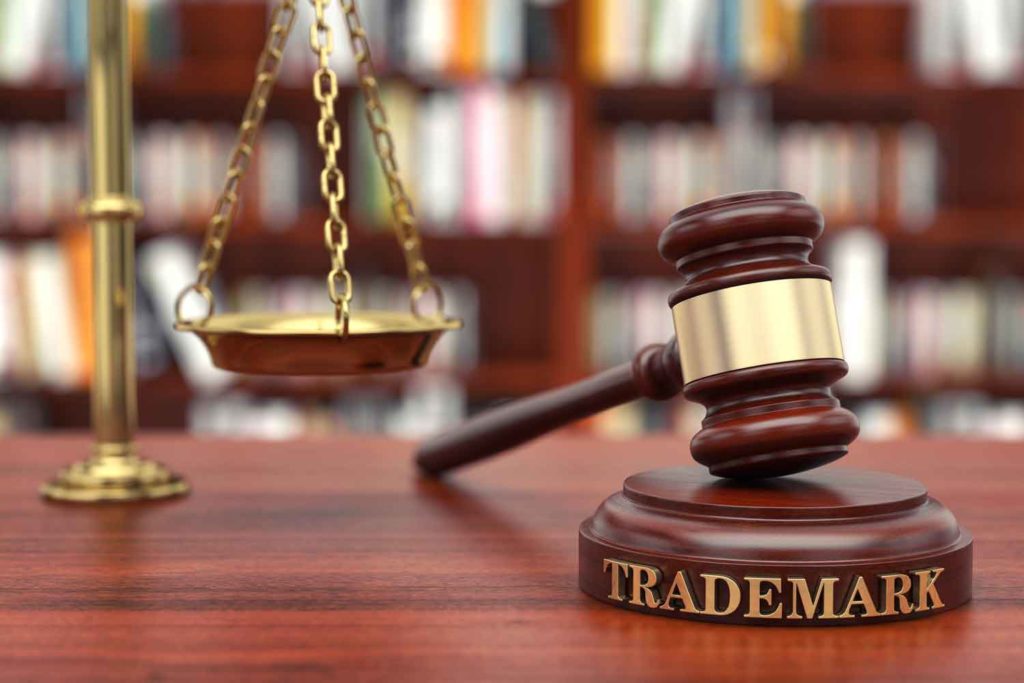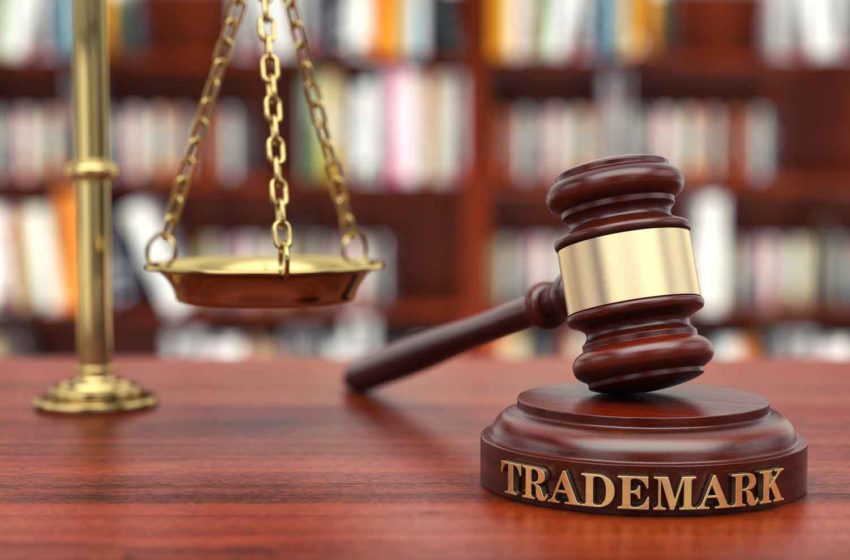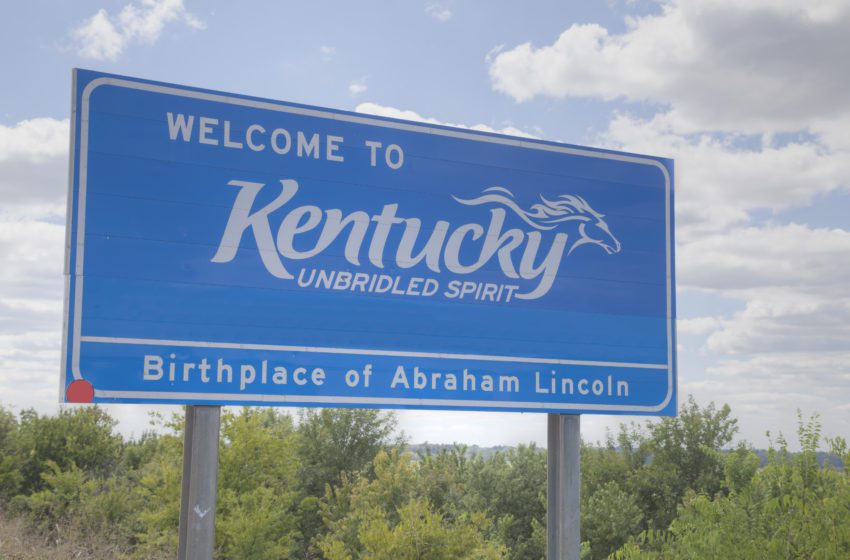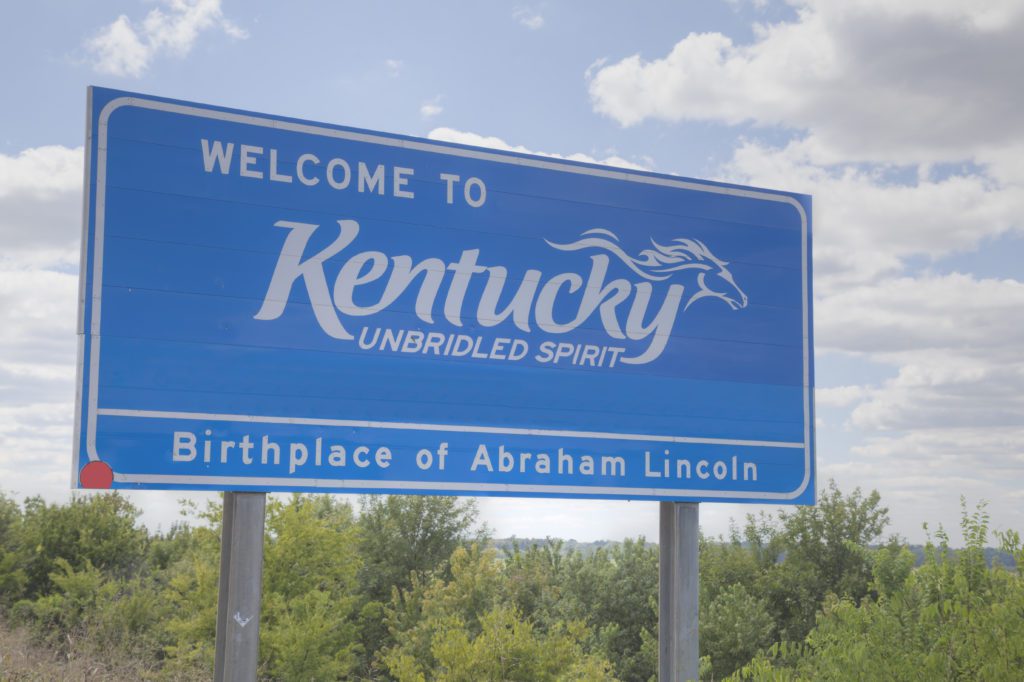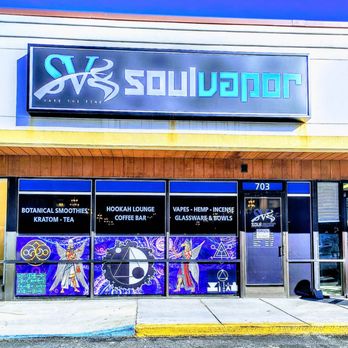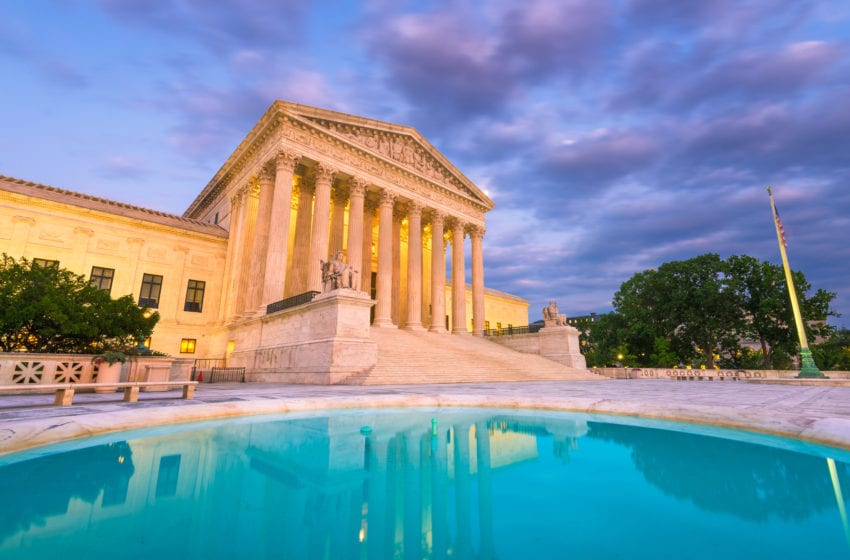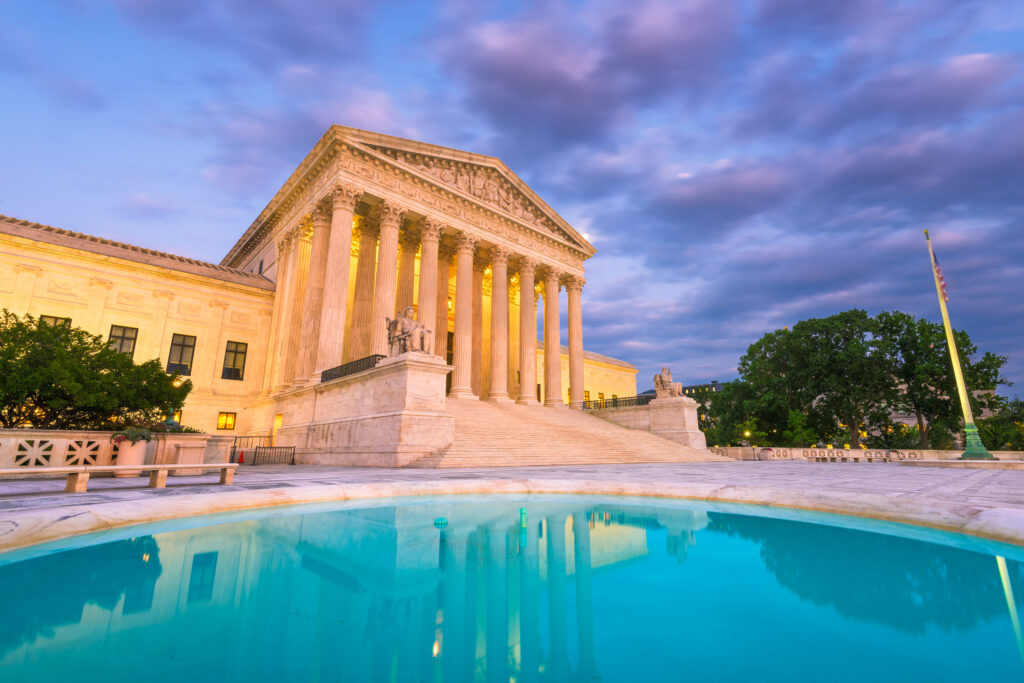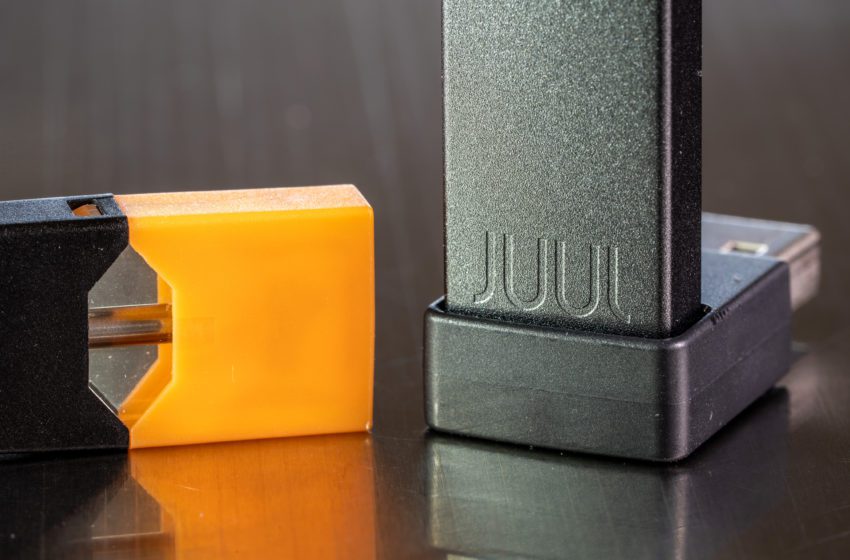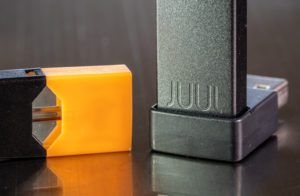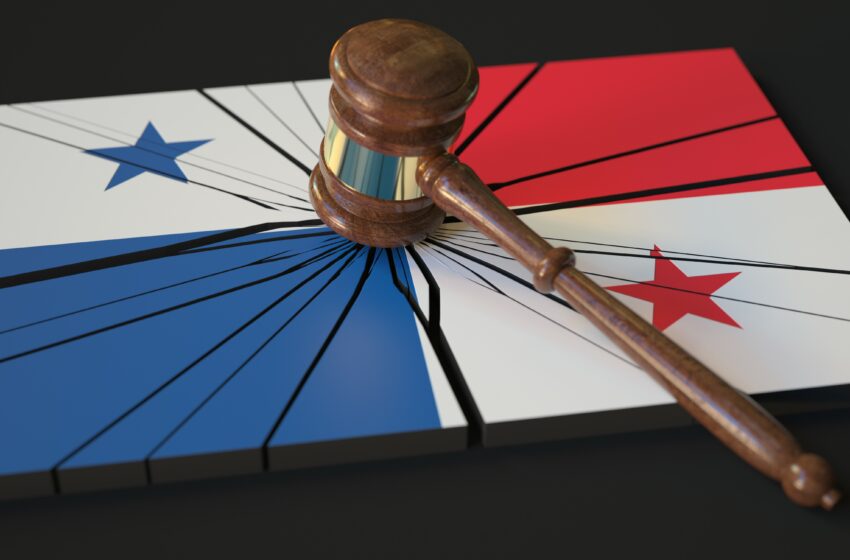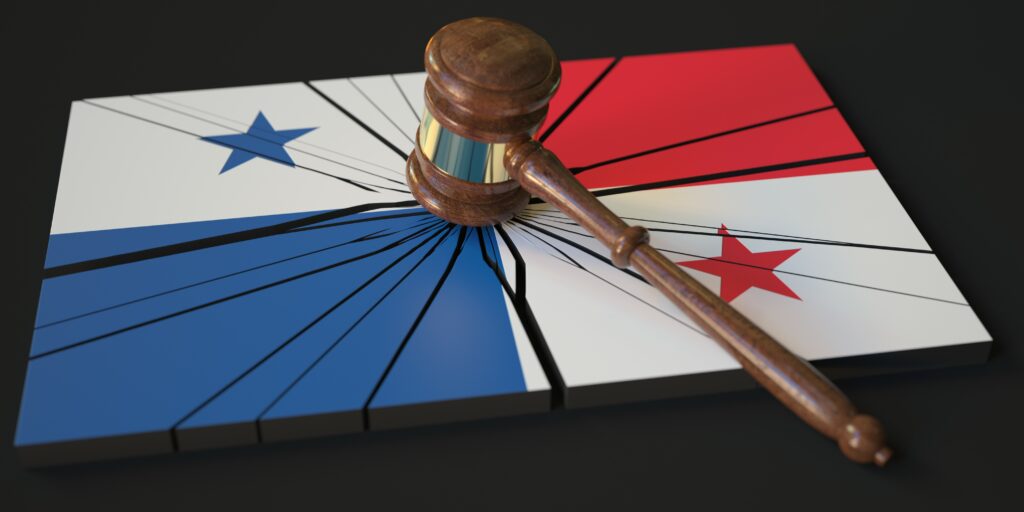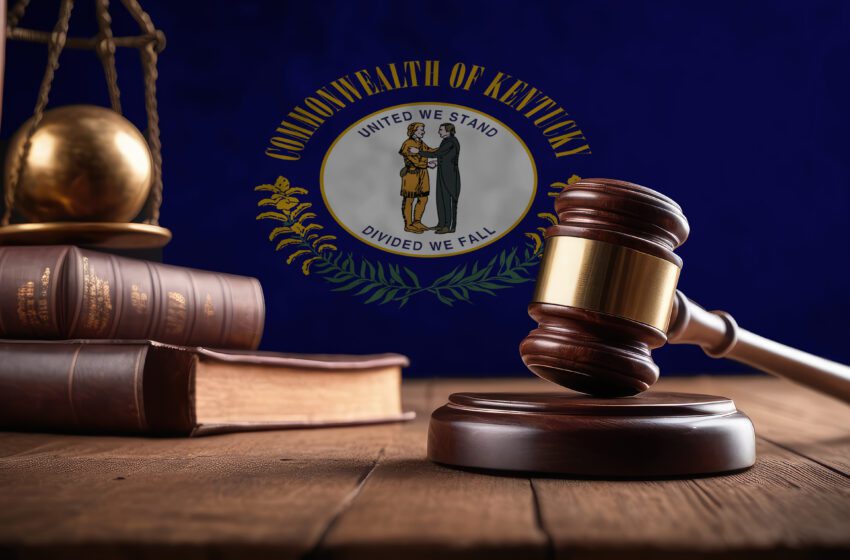On Friday, June 28, the Supreme Court of the United States ruled 6-3 in favor of overturning the “Chevron deference,” a backbone principle for how the federal government keeps corporations in check. Chevron is the practice by which federal courts defer to federal agencies when sorting out ambiguities in a law. Justices Breyer, Kagan, and Sotomayor dissented.
The ruling could impact the U.S. Food and Drug Administration and its process for authorizing vaping products through the premarket tobacco product authorization process. In practice, Chevron deference often gives agencies broad leeway to reach beyond the limits of a statute’s plain language, often bypassing the rulemaking process otherwise required under the Administrative Procedure Act and making it more difficult to challenge an agency action in court.
Chris Howard, executive vice president, External Affairs & New Product Compliance for Swisher, said that for decades federal agencies have had too much power.
“That ended today with the Supreme Court’s decision overturning the long-standing Chevron Doctrine. The decision marks a significant shift in the judicial landscape, correcting the balance of power between federal agencies and the judiciary,” said Howard. “It fundamentally alters how courts rule on agency statutory interpretation. As the majority states, courts will no longer be restrained by the need to provide deference.
“Instead, ‘Courts must exercise their independent judgment in deciding whether an agency has acted within its statutory authority, as the APA requires.’ This transformation will likely lead to significantly less regulatory flexibility and increased judicial scrutiny. The implications of this decision will resonate across industries, including the tobacco industry, influencing regulatory practices and shaping the future of administrative law. Regulatory overreach will become the exception as opposed to the norm and enable courts to fulfill their duty to interpret the law.”
In the years since electronic nicotine delivery systems (ENDS) became subject to FDA regulation, the vast majority of courts reviewing ENDS industry challenges to premarket application denials, as well as FDA rulemakings and guidance documents, have rubber-stamped the agency’s interpretation of the Family Smoking Prevention and Tobacco Control Act (TCA) and the “appropriate for the protection of the public health” standard.
Critics contend that the Chevron deference has enabled the FDA to impermissibly interpret the TCA to implement a de facto ban on all nontobacco-flavored ENDS products without any requisite notice and comment rulemaking or congressional amendments to the TCA.
“For far too long, unelected bureaucrats at the FDA have been making up the law to suit their own ulterior agenda and Today, the Supreme Court has thankfully put a stop to it once and for all,” said Allison Boughner, vice president of the American Vapor Manufacturers Association. “No longer will it be good enough for prohibitionists in Congress to write vague, Crayola language and then connive behind closed doors with FDA to impose arbitrary policies on the American public that could never withstand the light of day.”
It has been nearly 40 years since the Supreme Court indicated in Chevron v. Natural Resources Defense Council that courts should defer to an agency’s reasonable interpretation of an ambiguous statute.
The court’s ruling could have ripple effects across the federal government, where agencies frequently use highly trained experts to interpret and implement federal laws, according to SCOTUSblog. Although the doctrine was relatively noncontroversial when it was first introduced in 1984, in recent years conservatives – including some members of the Supreme Court – have called for it to be overturned.
The plea to overturn the Chevron doctrine came to the court in two cases challenging a rule, issued by the National Marine Fisheries Service, that requires the herring industry to bear the costs of observers on fishing boats. Applying Chevron, both the U.S. Court of Appeals for the District of Columbia Circuit and the U.S. Court of Appeals for the 1st Circuit upheld the rule, finding it to be a reasonable interpretation of federal law.
The fishing companies came to the Supreme Court, asking the justices to weigh in on the rule itself but also to overrule Chevron. Roman Martinez, representing one group of fishing vessels, told the justices that the Chevron doctrine undermines the duty of courts to say what the law is and violates the federal law governing administrative agencies, which similarly requires courts to undertake a fresh review of legal questions.
Under the Chevron doctrine, he observed, even if all nine Supreme Court justices agree that the fishing vessels’ interpretation of federal fishing law is better than the NMFS’s interpretation, they would still be required to defer to the agency’s interpretation as long as it was reasonable. Such a result, Martinez concluded, is “not consistent with the rule of law.”
